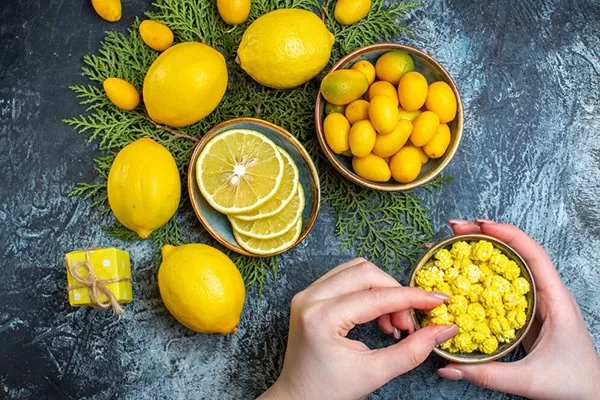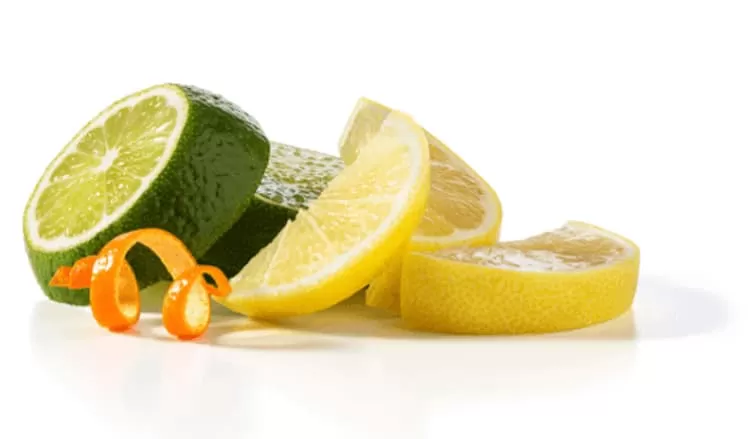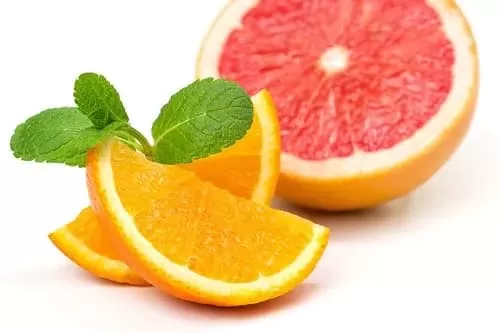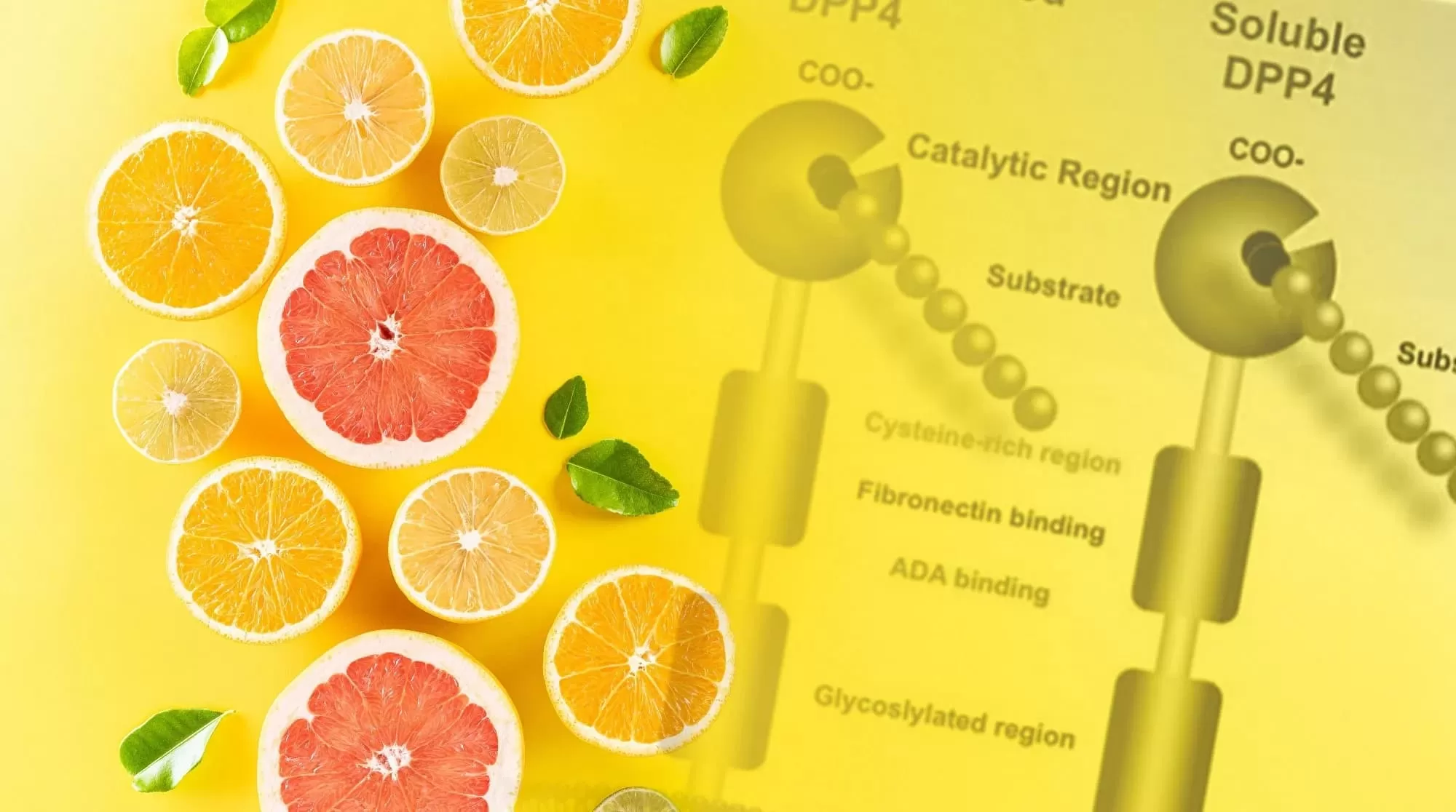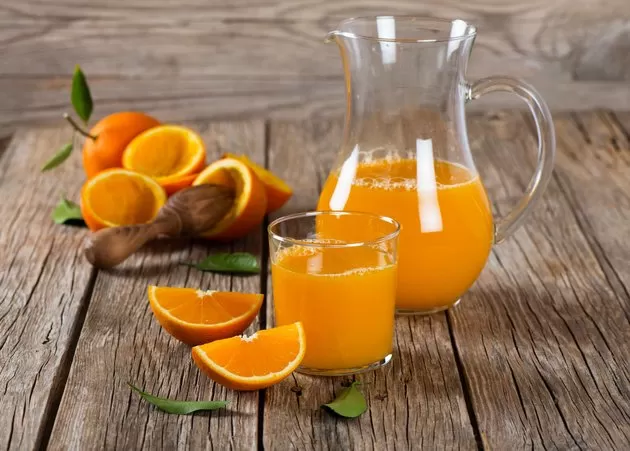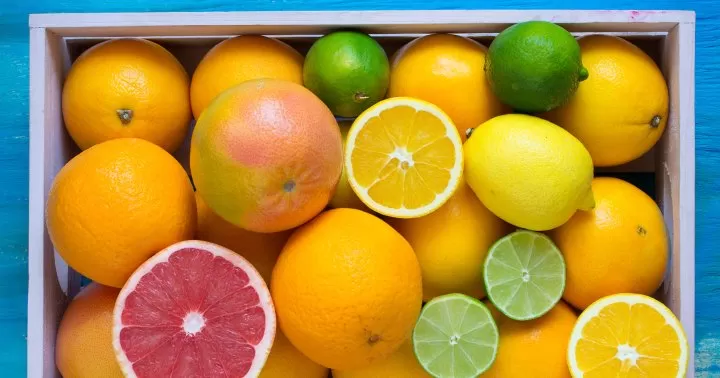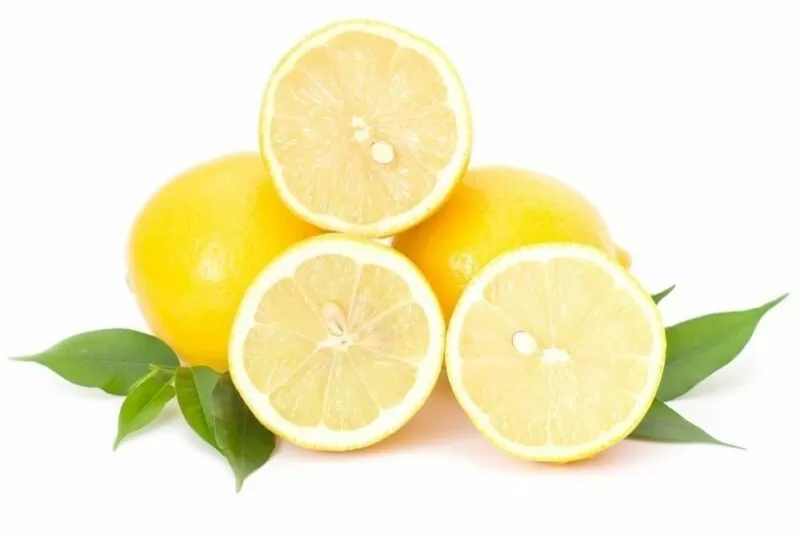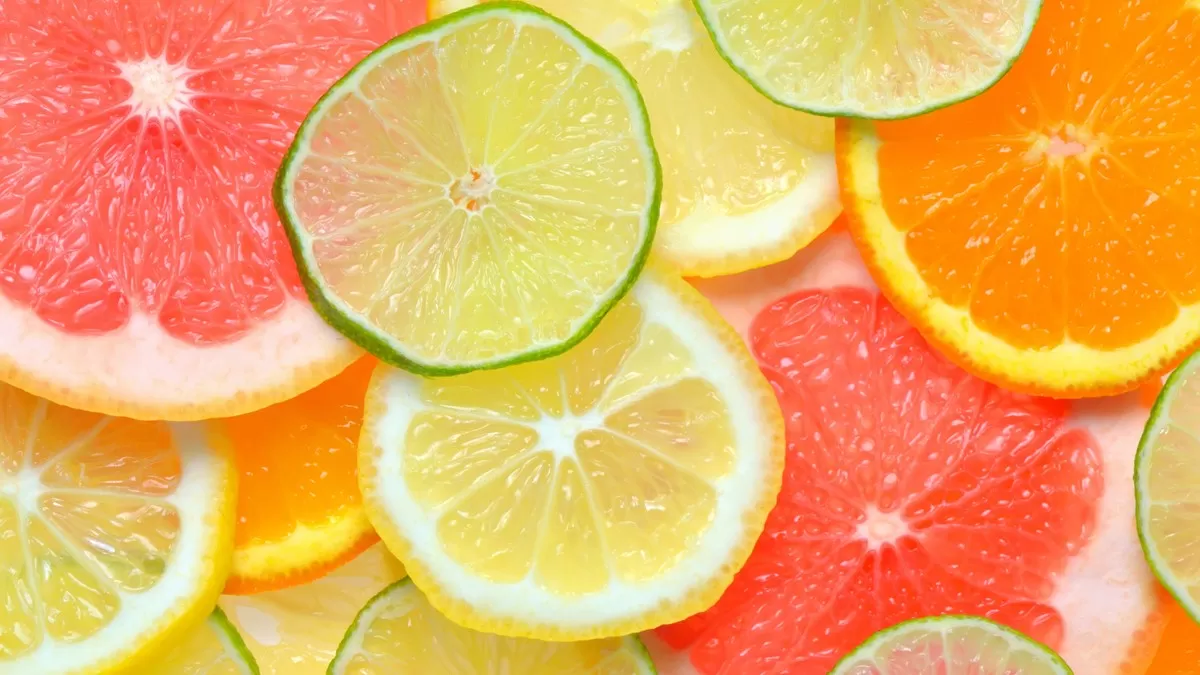- 0086-571-85302990
- sales@greenskybio.com
Do citrus bioflavonoids contain quercetin?
2025-03-23

Bioflavonoids, also known as flavonoids, are a diverse group of plant compounds found abundantly in fruits and vegetables. They are renowned for their antioxidant, anti-inflammatory, and immune-boosting properties. Among the wide array of flavonoids, citrus bioflavonoids are particularly celebrated for their health benefits. Derived from citrus fruits such as oranges, lemons, and grapefruits, citrus bioflavonoids include a variety of compounds such as hesperidin, naringin, and rutin. Quercetin, another potent flavonoid, is widely recognized for its health-supportive functions, often found in different plant sources. However, the presence of Quercetin in citrus bioflavonoids specifically raises an intriguing point of discussion. This article investigates whether citrus bioflavonoids contain Quercetin, examines their components, and evaluates their health benefits.
What are Citrus Bioflavonoids?
Citrus bioflavonoids are a subset of flavonoids predominantly found in citrus fruits. These bioactive compounds serve several functions in plants, including pigmentation, UV protection, and defense against pathogens. For humans, these compounds deliver numerous health benefits due to their ability to interact with biological systems and modulate various biochemical pathways.
The primary citrus bioflavonoids include:
1. Hesperidin: Predominantly found in sweet oranges and lemons, hesperidin is credited with supporting cardiovascular health and exhibit potent anti-inflammatory effects.
2. Naringin: Found abundantly in grapefruits and tart oranges, naringin is known for its antioxidant properties and ability to support metabolic health.
3. Rutin: Present in various citrus fruits, rutin helps strengthen blood vessels and reduce oxidative stress.
4. Diosmin: This flavonoid is known for its venotonic properties, often used in managing vascular disorders.
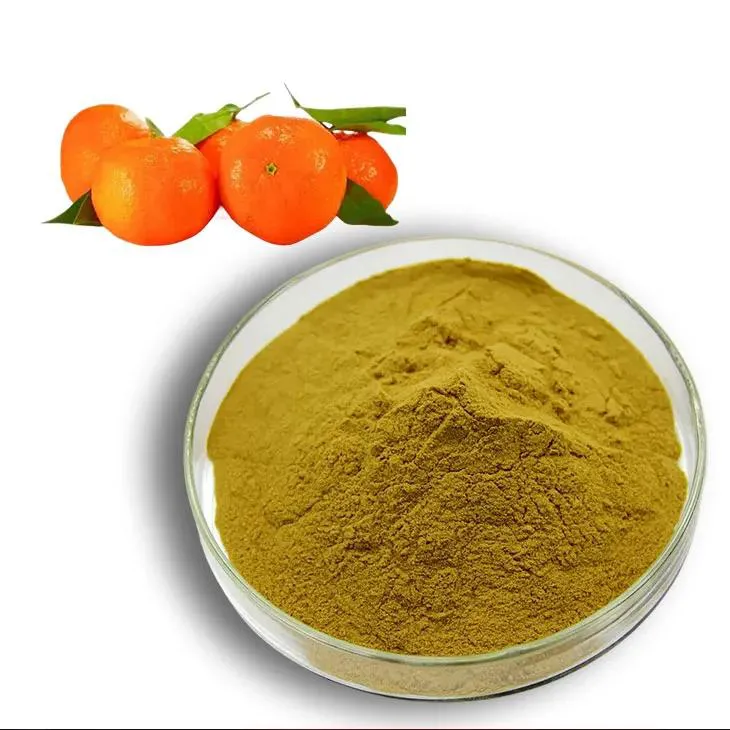
Understanding Quercetin
Quercetin is another powerful flavonoid found in many fruits, vegetables, and grains. It boasts substantial antioxidant and anti-inflammatory properties, making it a vital component in various health supplements. Quercetin is often associated with health benefits such as enhanced immune function, allergy relief, and improved cardiovascular health.
Quercetin's most common sources include apples, onions, berries, and tea. While citrus fruits contain a rich array of bioflavonoids, the presence of quercetin in these fruits is comparatively lower than in other sources.
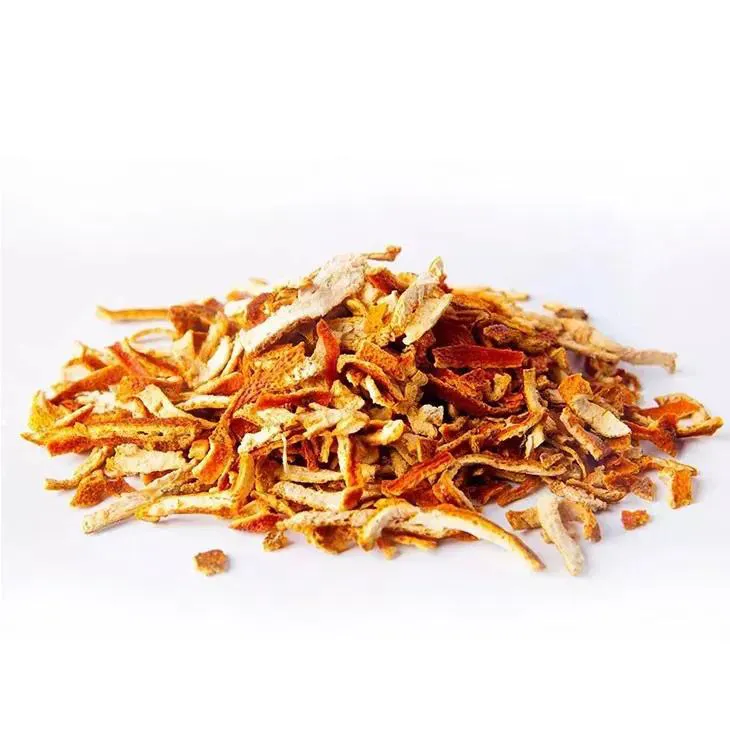
Do Citrus Bioflavonoids Contain Quercetin?
Citrus bioflavonoids, encompassing hesperidin, naringin, rutin, and Diosmin, do contain a small amount of quercetin, although it is not their primary component. Citrus fruits are generally not considered a major source of quercetin compared to other quercetin-rich foods like apples and onions.
However, the comprehensive benefits provided by citrus bioflavonoids are amplified through the synergy of various flavonoids, including quercetin, although present in smaller amounts. This synergistic effect is responsible for enhancing overall bioavailability and efficacy, allowing each compound to deliver its unique health benefits.
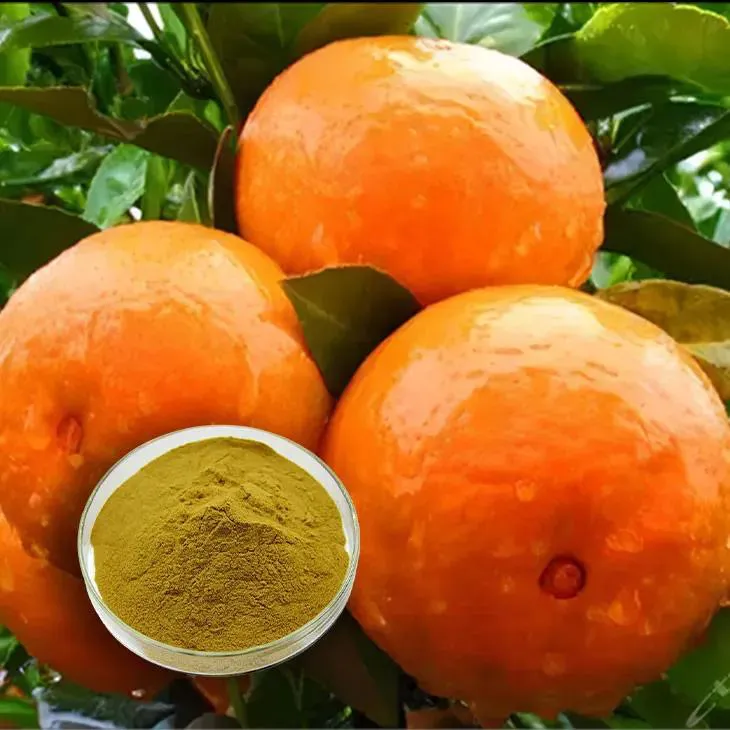
Health Benefits of Citrus Bioflavonoids
Regardless of the moderate presence of quercetin, citrus bioflavonoids offer a wealth of health benefits:
1. Antioxidant Protection: Citrus bioflavonoids combat oxidative stress by neutralizing free radicals—unstable molecules that can damage cells and trigger chronic diseases.
2. Anti-inflammatory Properties:These compounds modulate inflammatory responses, providing relief from conditions such as arthritis and re ducing risk of chronic inflammation-related diseases.
3. Cardiovascular Health:Citrus bioflavonoids support heart health by improving blood flow, reducing cholesterol levels, and maintaining healthy blood pressure.
4. Immune System Support: The immune-boosting effects of citrus bioflavonoids enhance the body’s natural defenses against pathogens and infections.
5. Venous and Capillary Health: Compounds such as Diosmin and rutin strengthen blood vessel walls, improve circulation, and promote venous health.
Applications and Supplementation
Citrus bioflavonoids are readily available in dietary supplements designed to deliver targeted benefits. Supplements often combine citrus bioflavonoids with other flavonoids, including quercetin, to maximize their health impact. These products are popular for individuals seeking natural support for immune function, anti-inflammatory relief, and cardiovascular benefits. Integrating citrus bioflavonoids and quercetin-rich foods into dietary routines provides comprehensive health support.
Considerations and Precautions
The use of citrus bioflavonoid supplements should be approached with care, considering potential interactions with medications or existing health conditions. Consulting with healthcare professionals ensures safe and beneficial use. Dosage recommendations should be followed to avoid adverse effects, and product quality should be verified through reputable sources.
Conclusion
Citrus bioflavonoids represent powerful allies for health owing to their diverse bioactive compounds, primarily hesperidin, naringin, rutin, and diosmin. While citrus bioflavonoids contain lesser amounts of quercetin compared to other plant sources, their combined components deliver synergistic health benefits crucial for antioxidant protection, anti-inflammatory relief, immune support, and cardiovascular wellness.
By incorporating citrus bioflavonoids into health regimens—whether through supplements or citrus-rich foods—individuals can harness their extensive health potential. Understanding the benefits of citrus bioflavonoids equips consumers with knowledge to make informed choices and explore nature’s effective contributions to well-being. As interest in natural health solutions continues to rise, citrus bioflavonoids remain central to achieving balanced, optimal health.
- ▶ Hesperidin
- ▶ citrus bioflavonoids
- ▶ plant extract
- ▶ lycopene
- ▶ Diosmin
- ▶ Grape seed extract
- ▶ Sea buckthorn Juice Powder
- ▶ Beetroot powder
- ▶ Hops Extract
- ▶ Artichoke Extract
- ▶ Reishi mushroom extract
- ▶ Astaxanthin
- ▶ Green Tea Extract
- ▶ Curcumin Extract
- ▶ Horse Chestnut Extract
- ▶ Other Problems
- ▶ Boswellia Serrata Extract
- ▶ Resveratrol Extract
- ▶ Marigold Extract
- ▶ Grape Leaf Extract
- ▶ blog3
- ▶ blog4
- ▶ blog5
-
Are Bioflavonoids Good for Skin?
2025-03-23
-
What Are Citrus Bioflavonoids Used For?
2025-03-23
-
Epimedium extract powder
2025-03-23
-
Coix Seed Extract
2025-03-23
-
Lavender Extract
2025-03-23
-
Troxerutin
2025-03-23
-
Artichoke Extract
2025-03-23
-
Tongkat Ali Extract Powder
2025-03-23
-
Panax Ginseng Leaf Extract
2025-03-23
-
Alisma Extract
2025-03-23
-
Pomegranate Extract
2025-03-23
-
Acerola Extract
2025-03-23












